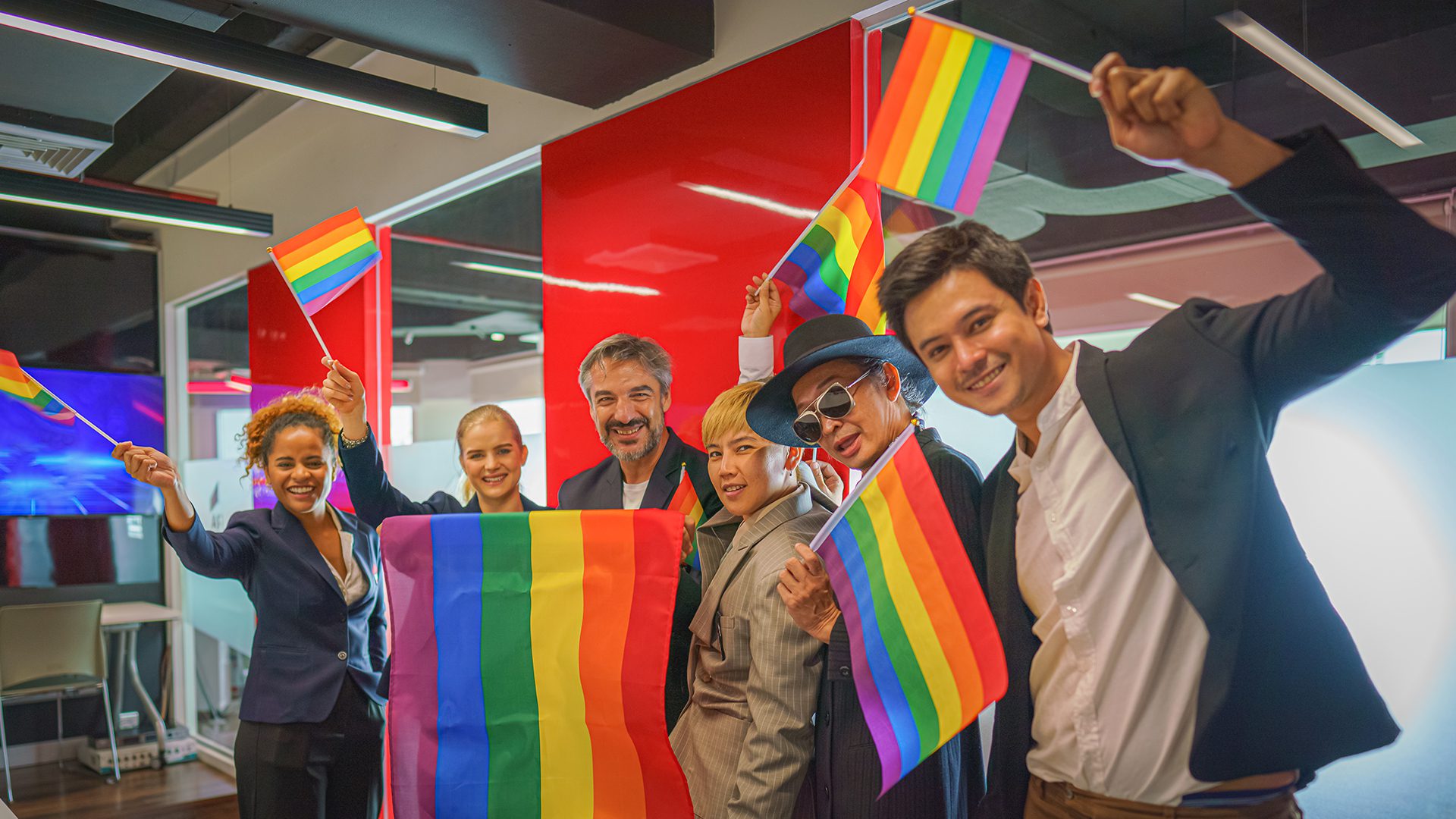
The U.S. Equal Employment Opportunity Commission (EEOC) recently published guidance on workplace equality for LGBTQI+ employees. The acronym LGBTQI+ stands for lesbian, gay, bisexual, transgender, queer and intersex. According to the EEOC, the plus sign represents the inclusion of other nonheterosexual and noncisgender identities, such as asexual, pansexual and nonbinary.
Harassment is generally defined as unwelcome conduct based on protected characteristics, including race, sex and disability. It can be a form of employment discrimination that violates Title VII of the Civil Rights Act of 1964 (Title VII). The EEOC enforces Title VII, prohibiting sexual orientation and gender identity discrimination, among other types of discrimination. In fiscal year 2021, the EEOC secured more than $9 million for victims of LGBTQI+-based sex discrimination in the workplace, resolving nearly 2,000 charges.
This article summarizes the EEOC’s new guidance in their recent publication titled “Moving Towards Equality in the Workplace for LGBTQI+ Employees.” In this document, the EEOC highlights the progress the United States has made over the past few decades in reaching equality for LGBTQI+ individuals, outlines research on current issues facing this demographic and offers employer considerations to promote workplace equity.
Strides Toward Equality
Five decades ago, LGBTQI+ workers could easily be fired or denied jobs because of their sexual orientation. Now, many LGBTQI+ individuals openly serve in the military and hold significant roles within the government. Many milestones have been achieved in the struggle for equity, inclusion and civil rights for LGBTQI+ individuals. However, today’s reality is that continued employment discrimination still presents barriers to full equality for LGBTQI+ individuals.
Title VII is considered one of the ultimate legislative achievements of the Civil Rights Movement, making it unlawful for employers to discriminate against individuals because of race, color, religion, sex and national origin. There have been other events, although less monumental, since Title VII. However, a big judicial step was made on June 15, 2020, when the U.S. Supreme Court issued a landmark decision affirming that the prohibition of sex discrimination in Title VII extends to discrimination based on sexual orientation and gender identity. The Supreme Court combined three cases and issued a single opinion—Bostock v. Clayton County—which held that “an employer who fires an individual merely for being gay or transgender violates Title VII.”
State Employment Laws
According to the EEOC, only 22 states and the District of Columbia have laws explicitly prohibiting workplace discrimination based on gender identity and sexual orientation. In addition, nine states have extended existing sex discrimination laws to cover sexual orientation and gender identity discrimination. Some states, such as Wisconsin, prohibit employment discrimination based on sexual orientation but don’t mention gender identity discrimination. At the same time, 17 states offer no legal protection against discrimination based on employees’ LGBTQI+ status. Since these laws vary, employers should seek local legal counsel for specific compliance questions or concerns.
Current Issues Facing LGBTQI+ Employees
Despite the strides made over the years in the United States, LGBTQI+ workers still report high rates of employment discrimination. A recent study from the Center for American Progress revealed the following:
- Discrimination has affected the economic security of some LGBTQI+ individuals. Nearly one-third of respondents (29%) said discrimination has moderately or significantly affected their financial well-being.
- Some LGBTQI+ individuals have experienced hiring and salary troubles. More than one-third (35%) of LGBTQI+ Americans reported their “ability to be hired” has been negatively affected in the past year due to discrimination. In addition, about 31% have faced negative impacts on their “salary or ability to be promoted” or their “ability to retain employment.”
- Transgender individuals reported the most significant discrimination difficulties. More than half (53%) of transgender individuals expressed that discrimination moderately or significantly affected their capacity to be hired. Additionally, nearly half (47%) of transgender respondents reported that discrimination had the same level of impact on their ability to retain employment.
Employer Considerations
As the aforementioned research portrayed, more work is needed to ensure equity for LGBTQI+ employees and job applicants. Fortunately, employers are uniquely positioned to help lay the groundwork. As such, the EEOC recommends employers utilize the following best practices to promote workplace equality:
- Update workplace policies to state that discrimination and harassment based on sexual orientation and gender identity are prohibited under Title VII.
- Make federal employees and managers aware of their right under Title VII to file equal employment opportunity (EEO) complaints regarding sexual orientation and gender identity discrimination.
- Inform private sector employees and managers of their right to file sexual orientation and gender identity discrimination charges with the EEOC.
- Use inclusive language in workplace policies and organizational activities involving employee relationships and family.
- Recognize that not all employees identify with the sex they were assigned at birth.
- Address anti-LGBTQI+ remarks, actions and conduct in the workplace immediately.
- Train employees on LGBTQI+ issues, including cultural competency. Incorporate LGBTQI+ content into EEO and diversity and inclusion training, where appropriate.
- Promote and sponsor LGBTQI+ special emphasis programs and events.
- Implement a gender transition policy.
- Clarify that all employees are legally required to have access to restrooms and locker rooms that match their gender identity.
- Encourage employees to identify their pronouns in their email signatures.
Since legislation is always evolving, employers should stay current on discrimination laws and government policies related to employment.
Takeaway
Harassment remains a persistent issue in the workplace. Employers can review this information from the EEOC to uphold employment equality, specifically for LGBTQI+ workers.
This HR Insights is not intended to be exhaustive nor should any discussion or opinions be construed as professional advice. © 2023 Zywave, Inc. All rights reserved.
